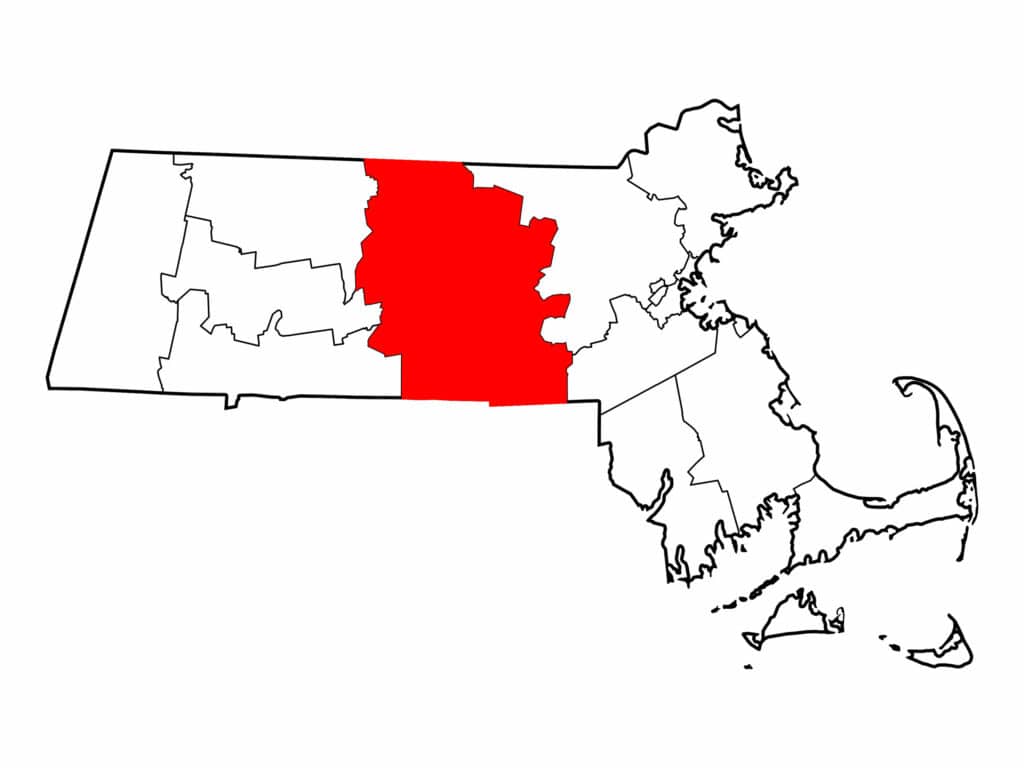
Obese Broodmares Have Lower Embryonic Survival Rates
Keeping donor and recipient mares in moderate body condition might improve survival rates of transferred embryos.

Keeping donor and recipient mares in moderate body condition might improve survival rates of transferred embryos.

Time is life for a foal. Here’s a look at the top causes of illness in newborn foals and how to manage a sick foal.

How veterinarians navigate 4 common scenarios, from dehydration to the postpartum period, that increase colic risk.

Dr. Lutz Goehring weighs in on what researchers have learned about equine herpesvirus-1, how it spreads, and how to prevent infection.

An equine reproduction specialist reviews signs that suggest a mare is in foal and how to find out definitively.

An equine veterinarian explains the risks of breeding an insulin-resistant mare.

The Worcester County horse was euthanized.

Horses might need additional risk-based vaccines in the fall months, depending on location and activities.

Determining exactly which vaccines a horse needs can be confusing. Here are some basic do’s and don’ts to make sure you’re providing the disease protection your horse needs.

Confused by the various vaccine types, schedules, and administration routes for horses? Here’s what you need to know.

Lara Tomich, DVM, Dipl. ACVD, says reducing pine in the affected horse’s immediate environment is key to preventing allergies.

Giving medications to pregnant mares is never without risk and should always be discussed with your veterinarian.

Lillipad, a reportedly barren mare brought into UC Davis for alarming health concerns, shocked caretakers with her pregnancy.

The American Association of Equine Practitioners has published new nocardioform placentitis guidelines to help veterinarians help protect their clients’ broodmares and unborn foals.

Techniques that allow researchers to understand the underlying mechanisms of disease include genetic analyses, RNA sequencing, and advanced proteomics and lipidomics.

The FEI veterinary committee proposed 13 ways to improve biosecurity at equestrian events.
Stay on top of the most recent Horse Health news with
"*" indicates required fields